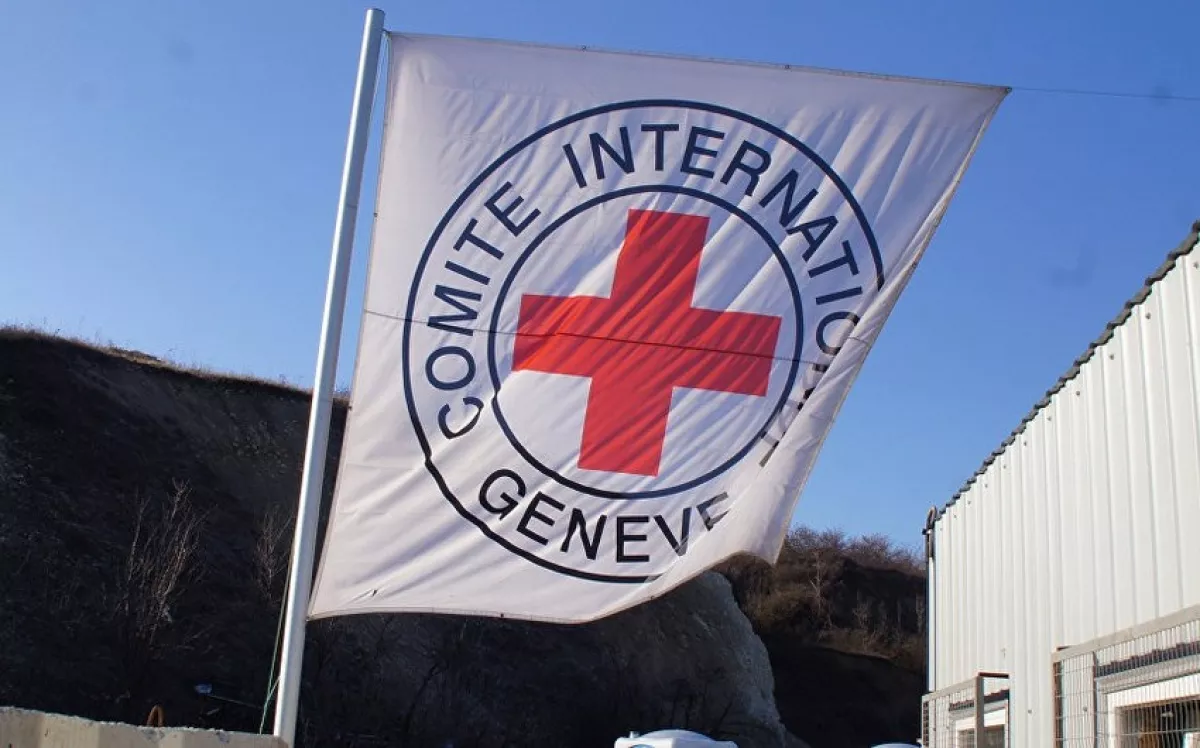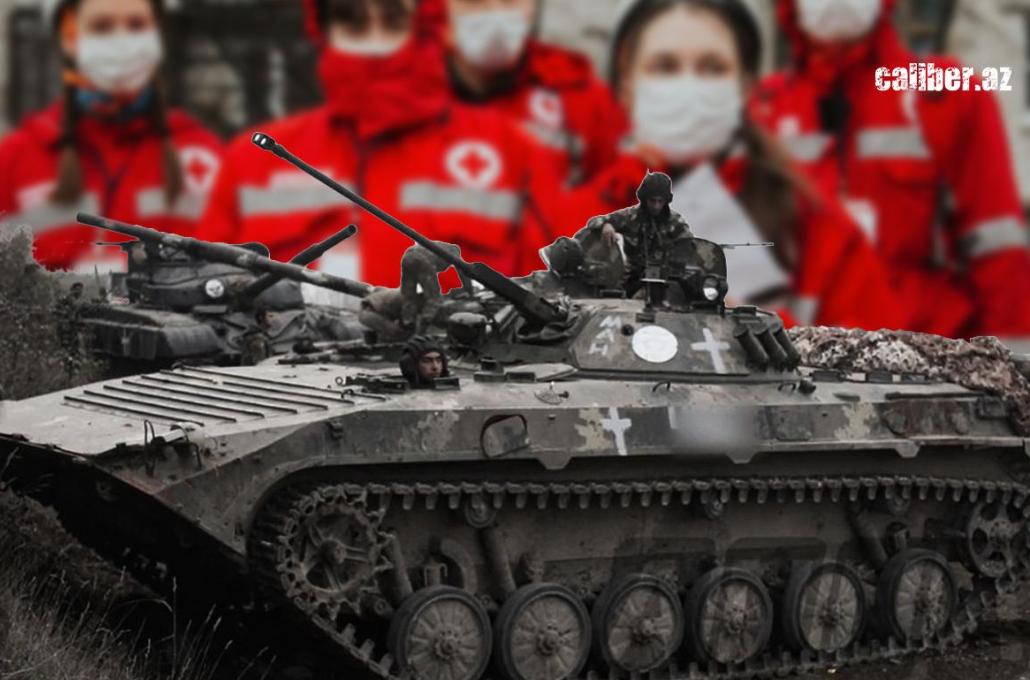ICRC, pack your bags! Baku’s decision final, no room for appeal
Daphne Mare, the head of the International Committee of the Red Cross (ICRC) delegation in Armenia, unintentionally took on the role of Gogol’s famous character from The Inspector General by delivering what she called a “most unpleasant piece of news” — a statement that was actually more troubling for her than anyone else. She confirmed that the ICRC office in Baku will be closing on September 3rd, while trying to sound optimistic, expressing a hope that they might “leave in order to stay.”
“We do not believe that our ability to work on certain issues will be exhausted in this case, and we will continue to offer our services in any role we can play as a neutral intermediary to help resolve the issue of the missing persons,” she demonstrated an attempt to put a positive spin on a bad situation.
“I believe the work done over recent years and decades will not be forgotten,” Mare continued.

And here she is right. In Azerbaijan, they will indeed never forget the antics of the International Committee of the Red Cross. And, by the way, there have been quite a few. For example, the ICRC office in Khankendi operated without official approval from Azerbaijan, which caused legitimate outrage in the country.
Especially since this office reported to the delegation in Yerevan, not Baku, which was a glaring example of this international organisation violating the principles of neutrality. So, Mare’s current claims about the ICRC’s readiness to play the role of a neutral mediator in the future sound more like a cheap joke.
In addition, this organisation, which officially calls itself international, is in fact a Swiss NGO. Key positions within it are held by Swiss citizens, and throughout its history since the 19th century, all 16 of its presidents have been exclusively Swiss nationals. This mono-nationality within an organisation proudly labeled as “international” raises serious and justified questions about discrimination and the true direction of its activities.
The inappropriateness of these claims becomes even more apparent when we remember the organisation’s actions during the 44-day war. Rather than helping Azerbaijan uphold justice based on international law, it interfered and obstructed the process. The representatives of the organisation actively tried to slow the advance of Azerbaijani forces in the Fuzuli region by holding meetings with the military under the pretense of humanitarian talks.
They also insisted on meeting with Azerbaijani officials when they were nearing Lachin from Gubadli, aiming to find out if there were plans to take control of the Lachin corridor. In other words, disguised as humanitarian engagement, they were actually gathering intelligence.

Today, Mare expresses a desire to “help resolve the issue of missing persons.” But the facts tell a different story. As is well known, nearly 4,000 Azerbaijani citizens were taken captive during the First Nagorno-Karabakh War. Despite officially documented evidence and the ICRC’s own records (including letters from 1998 and 2001) confirming that 54 Azerbaijanis were held captive, the organisation failed to secure the return of the majority of them.
Armenia has only returned 17 bodies. The fate of the rest remains unknown. Meanwhile, the ICRC remained silent despite repeated appeals from Baku. As a result, Azerbaijan reconsidered its cooperation with the ICRC.
So, the fate of the International Committee of the Red Cross has been determined by its own actions, which, to put it mildly, have been far from objective and neutral.
Moreover, the Washington Declaration, signed by the leaders of Azerbaijan, the United States, and Armenia, marked an important step toward the signing of a peace treaty, which in turn reduces the need for external intermediaries like the ICRC or the OSCE Minsk Group.
In Baku, it is quite reasonable to believe that the signing of such a document reflects a sufficient level of mutual understanding and trust between the parties, implying that there is no longer any need for an intermediary who was previously seen as an essential participant in negotiations or other processes between Azerbaijan and Armenia.
In simple terms, with the improvement of direct dialogue between Baku and Yerevan and the signing of the Washington Declaration, the ICRC office in Azerbaijan has effectively become redundant—just like the OSCE Minsk Group. From now on, Azerbaijan and Armenia will handle all matters themselves, including those related to missing persons.
So, Daphne Mare can be as disappointed or hopeful as she likes, but the decision about the ICRC is final and not open for discussion.








